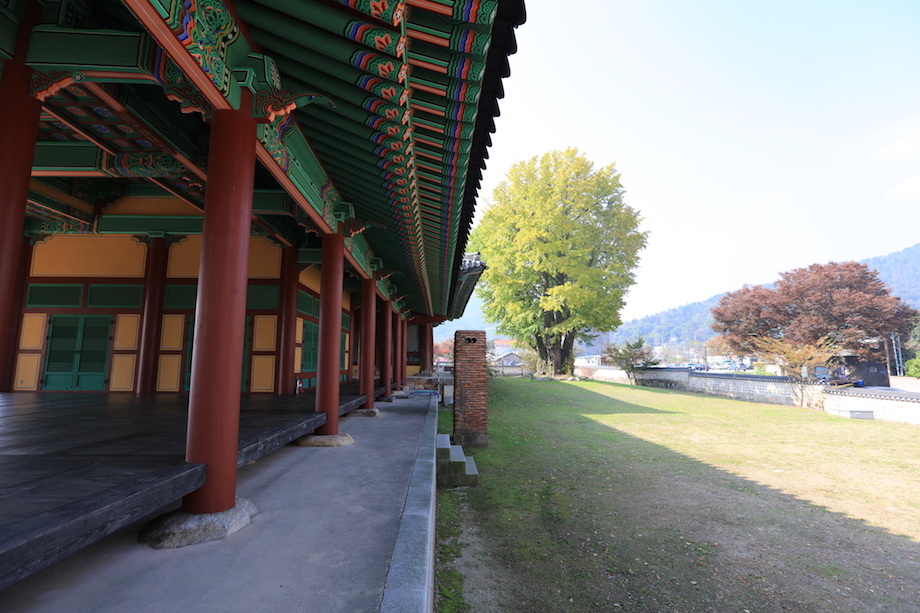사장님, 이 식당은 음식이 참 맛있어요. 비법이 뭐예요?
Mr. Boss (the owner of the restaurant), the food at this restaurant tastes really good. What is the secret?
다른 분들도 비법이 뭐냐고 해요. 그런데 특별한 비법은 없어요.
Other people also ask what is the secret. But there is no special secret.
정말요? 특별한 비법이 없어요?
Really? No special secret?
네, 저희는 항상 최고급 재료를 사용해서 음식을 만들어요. 그래서 손님들께서 맛있다고 하시는 것 같아요.
No. We always use the best quality ingredients to make food. So maybe that’s why our guests say our food is delicious.
이 식당에 올 때마다 밥을 너무 맛있게 먹었어요.
Whenever I come to this restaurant, I really enjoy the meal.
한국 음식은 보통 밥과 같이 먹잖아요. 그래서 저희는 밥을 맛있게 지으려고 노력해요.
Usually, we eat steamed rice with other Korean dishes. So we try to cook rice as tasty as possible.
V/A+ 냐고 해요(했어요).
It is an expression of indirect speech for ‘V/A+ 습니까/니까?’ and ‘V/A+ 어요/아요/여요?’ in an interrogative sentence. The short form is ‘V/A냬요.’.
제가 오랜만에 만난 친구에게 요즘 잘 지내냐고 했어요.
I asked a friend of mine who I haven’t met for a while whether he/she is fine these days.
비행기 옆자리에서 앉은 사람이 저에게 남자 친구가 있냐고 했어요.
A person sitting in the seat next to me on an airplane asked me whether I had a boyfriend.
아빠가 저에게 생일에 무슨 선물을 받고 싶냐고 해요.
My father asked me what present I would like to receive on my birthday.
Related words
비법 a secret
그릇 a bowl, a plate
밥을 짓다 to cook rice
옆자리 a next seat to

Source: Yonsei University. Korean Language Institute
